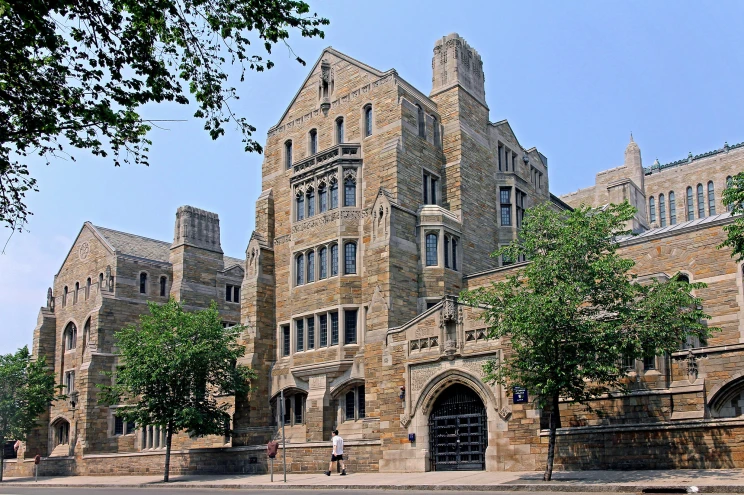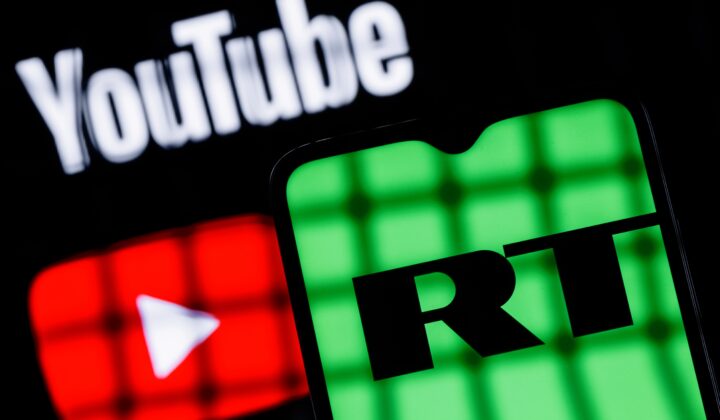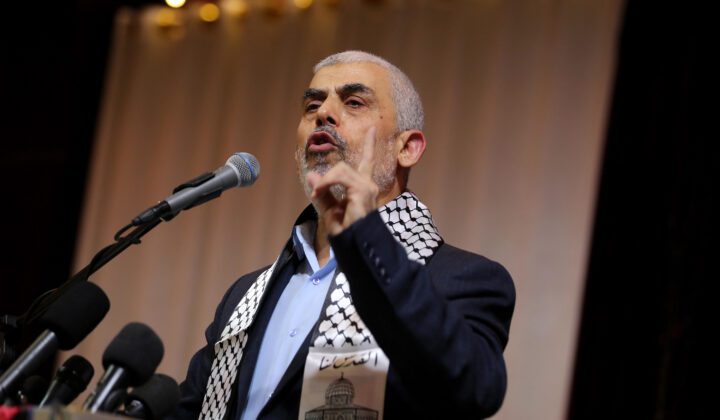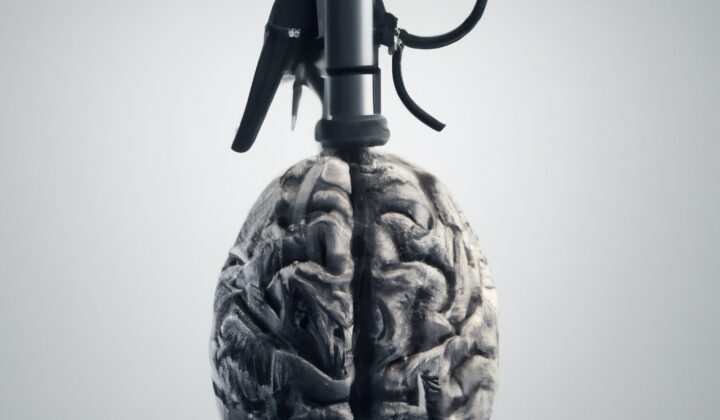What happened at Yale?
On September 15, an email arrived in the inboxes of some Yale Law Students from a Native American student hosting a party for Constitution Day. The sender, Trent Colbert, invited them to the ”NALSA [Native American Law Students Association] Trap House.” The event would be hosted in partnership with the conservative Federalist Society, and refreshments would include “basic-bitch-American-themed snacks” like apple pie along with fried chicken from Popeyes.
The invitation was just 78 words, but it managed to open up a lot of questions. Was the phrase “trap house” a demeaning reference to crack houses to conjure up anti-Black racism? Was the reference to Popeyes an innocuous invitation to enjoy some chicken, or a harmful stereotype to “undermine arguments that structural and systemic racism has contributed to racial health disparities in the U.S?”
The circumstances are odd, but they’re hardly newsworthy. Bad emails get sent; feelings get hurt; people deal with their conflicts––or they don’t––and ultimately life moves on.
But, of course, that’s not the end of the story. As reported by Aaron Sibarium, the university administration immediately got involved. In a series of mandatory meetings with an associate dean and a diversity director (the audio tape for one of which is available), the student was told that the “email’s association with FedSoc was very triggering for students.” Both officials repeated that the incident could prevent the student from passing the character and fitness review associated with the bar, which might have been a veiled threat that the administration would torpedo his chances of becoming a lawyer at all. The diversity director offered to write an apology for the student to circulate, and reminded him that he was lucky he wasn’t White since “as a man of color, there probably isn’t as much scrutiny of you as there might be.”
Since the story broke, the Yale Law administration has done its best to save face. In a formal statement reiterated by a spokesperson, they reassured everyone that the student’s email was “protected speech” and no disciplinary action is being pursued. But as one Yale Law professor points out, the claim that “no student is investigated or sanctioned for protected speech” was “appallingly disingenuous” given the circumstances. “If all that isn’t an ‘investigation,’ then it’s even worse—a pronouncement of guilt without investigation.”
Which gets to the crux of it. Formal disciplinary proceedings don’t have to be opened in order to intimidate students into conformity. The threat of being tossed into the hellscape of bureaucratic mediations, veiled threats, and mandatory apologies is hardly something to play down. University administrators generally only escalate the severity of these situations, and they make actual conflict resolution nearly impossible. Genuine conversation is exchanged for fake apologies. Both sides consider themselves victims, and partisan opinions harden. Who benefits?
These new boundaries around acceptable speech are making their way through left-leaning institutions, but formal codes aren’t reflecting that. Students and administrators haven’t received an updated code of conduct, yet they’re held to a hidden one. The effect on speech is chilling, and our divisions become worse.
Yale Law isn’t representative of the country, and that’s the problem. As one of the most important incubators for progressive thought in America, its problems won’t stay boarded up in the ivory tower for long. When they spread, the culture wars will tick up a notch.
Is Texas debating the Holocaust?
Things move a little slower in Texas. While Yalies tussle over whether or not a perceived microaggression demands a public apology, Texas decided to take a step back in time to when long-dead debates could rage with a fury.
In May of this year as the Critical Race Theory panic swept through school board meetings across the country, the Texas legislature passed a bill banning what they considered its core tenets. But that was just the second half of the bill. The first half addressed what students should and shouldn’t learn more generally, and included the provision that “teachers who choose to discuss current events or widely debated and currently controversial issues of public policy or social affairs shall, to the best of their ability, strive to explore such issues from diverse and contending perspectives without giving deference to any one perspective.”
The spirit of the provision seems laudable––more discussion is good, and narrow-mindedness on debatable subjects isn’t. But the clause doesn’t actually clarify what qualifies as “widely debated and currently controversial issues of public policy or social affairs.” Considering that a quarter of Americans think the sun revolves around the earth, a particularly generous interpretation could capture most topics. Teachers were concerned.
One month after the new law came into effect, the Southlake School District proved their fears correct. In an audio tape publicly released last week, the district’s executive director of curriculum reminded teachers to “remember the concepts of [House Bill] 3979… And make sure that if you have a book on the Holocaust, that you have one that has an opposing, that has other perspectives.” A teacher pushed back, asking “How do you oppose the Holocaust?” To which the executive director doubled down, saying “Believe me. That’s come up.”
Since the incident, Republican State Senator Kelly Hancock, who supported the bill, tweeted that “Southlake just got it wrong. No legislation is suggesting the action this administrator is promoting.” But, in fact, it is.
The problem with the Texas legislation isn’t that it attempts to present competing perspectives on current events––a commendable goal––it’s that it seems to regulate anything the enforcer of the law decides is controversial. If an instructor has a book on the Voting Rights Act, provisions of which were deemed unconstitutional in 2013, must another book present a “contending perspective?” It’s unclear to us, and it’s unclear to teachers.
While Yale’s unwritten code is inherently hazy, Texas’ umbrella law is overly expansive. The law promises to encourage more debate, but the way it’s written actually does more to threaten teachers who decide their class should discuss something even mildly controversial. If teachers have to present two sides on the Holocaust, they’re probably not going to teach it at all.
Regulating speech is always problematic, but it’s especially dangerous when people aren’t even told where the boundary lines are. People are forced to tread too lightly, and conversation breaks down. At the moment, Yale and Texas are drawing lines in the sand around what sort of thought is socially acceptable, and there’s a wide gulf between them. To many Americans, it seems like the country is dividing into two radically opposed camps with views that could never be reconciled. Poorly designed regulations and implicit speech codes are likely to make it worse.
But while some powerful institutions seem to be pulling Americans toward opposite poles, it’s more likely that most of us find ourselves somewhere in the middle––maybe a bit peeved with one of these and offended by the other. While we might differ on which is a greater offense, we can agree on the bigger issue: an environment like this doesn’t bode well for our society.





